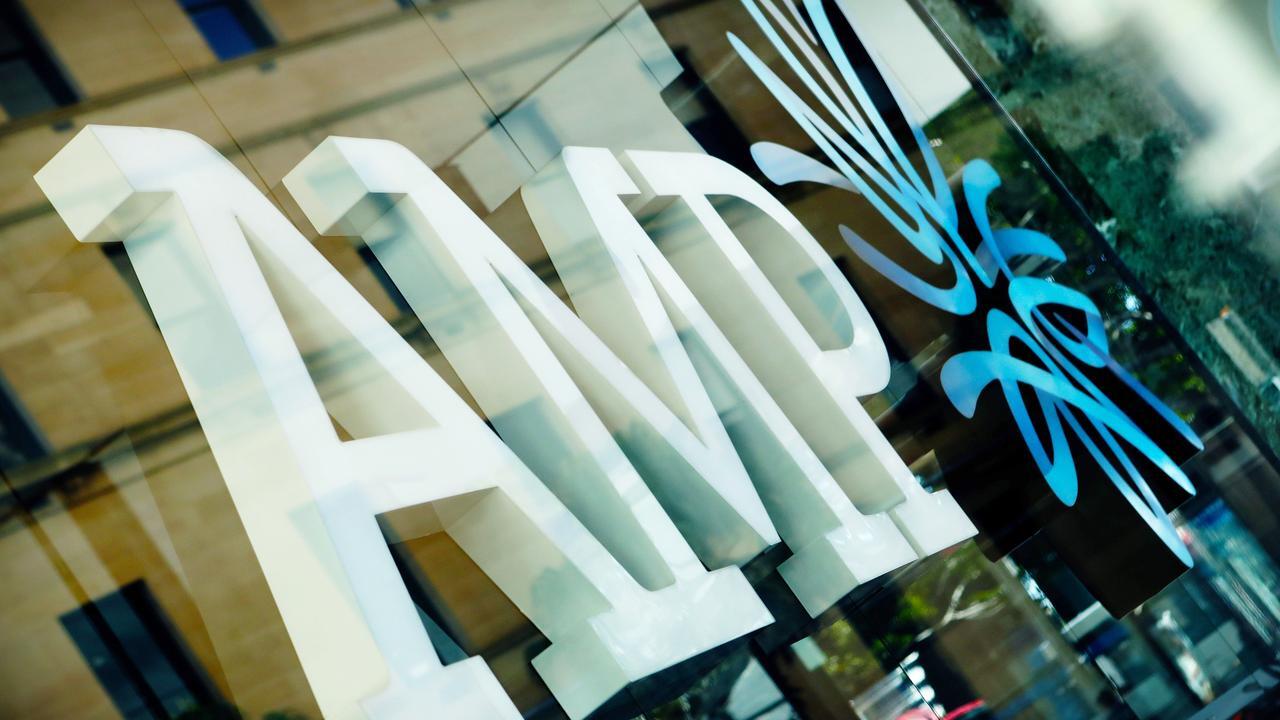It was November 2011 and AMP Capital had just been appointed infrastructure investment manager of a new fund backed by the Irish state that was being established by fund manager Irish Life Investment Managers (ILIM.) With €120 billion already under management around the world, landing the Australian investment company – and its skills and experience – was seen as a vote of confidence in the fund, which was to become important in shaping the future of the Irish economy. The new fund, called the Irish Infrastructure Fund, was set up to buy Irish assets being sold by the Irish government…
Cancel at any time. Are you already a member? Log in here.
Want to read the full story?
Unlock this article – and everything else on The Currency – with an annual membership and receive a free Samsonite Upscape suitcase, retailing at €235, delivered to your door.

